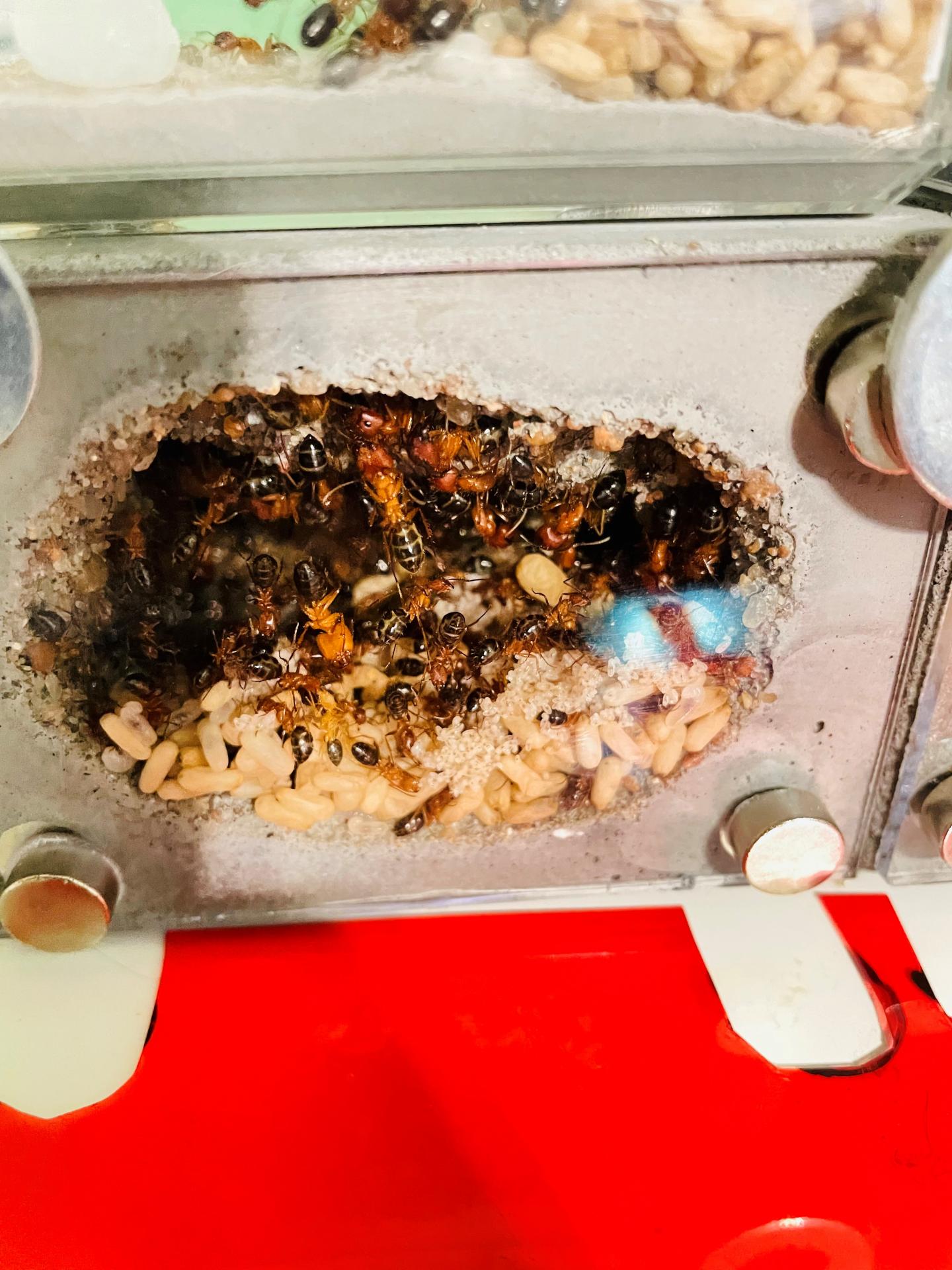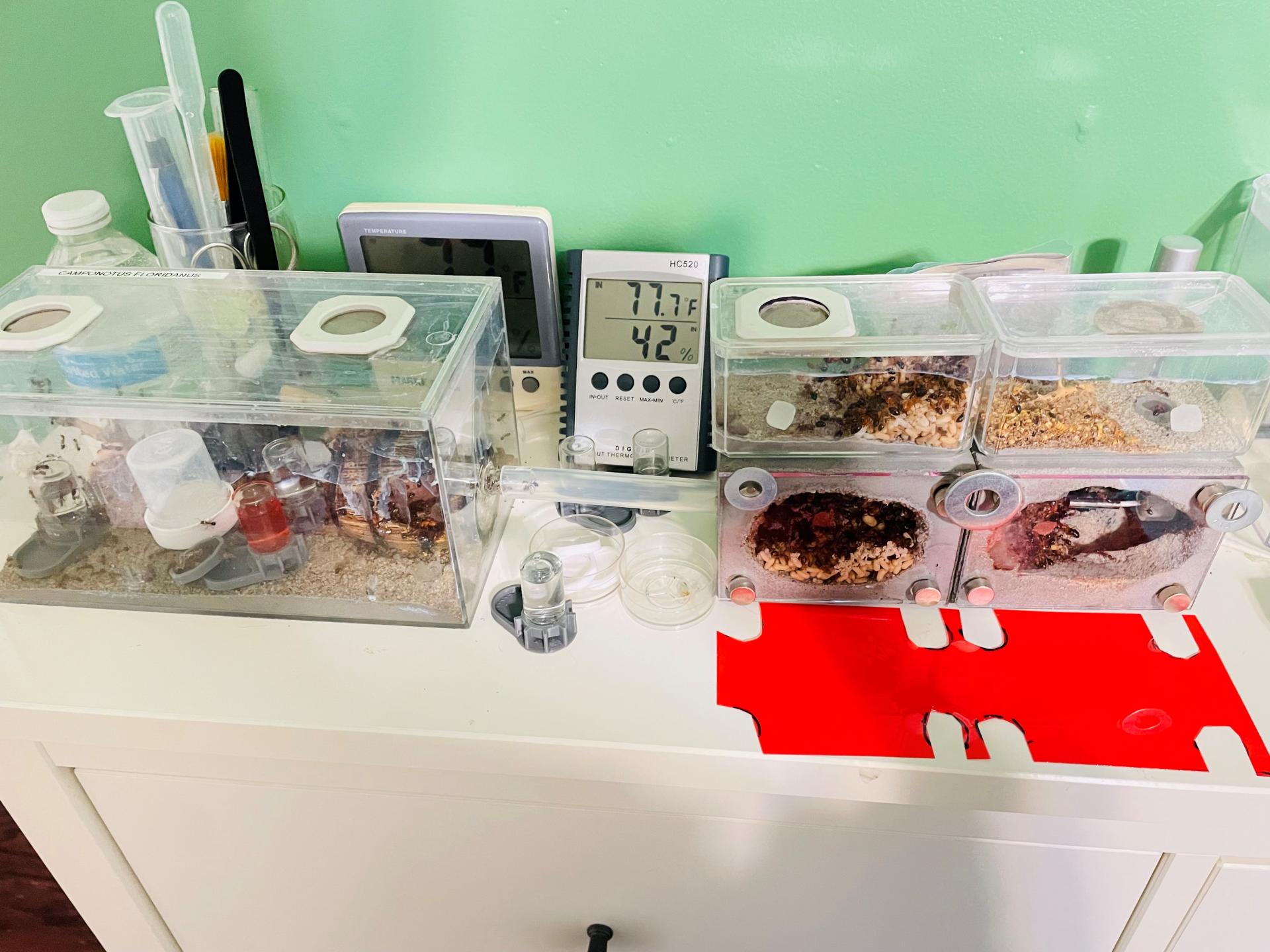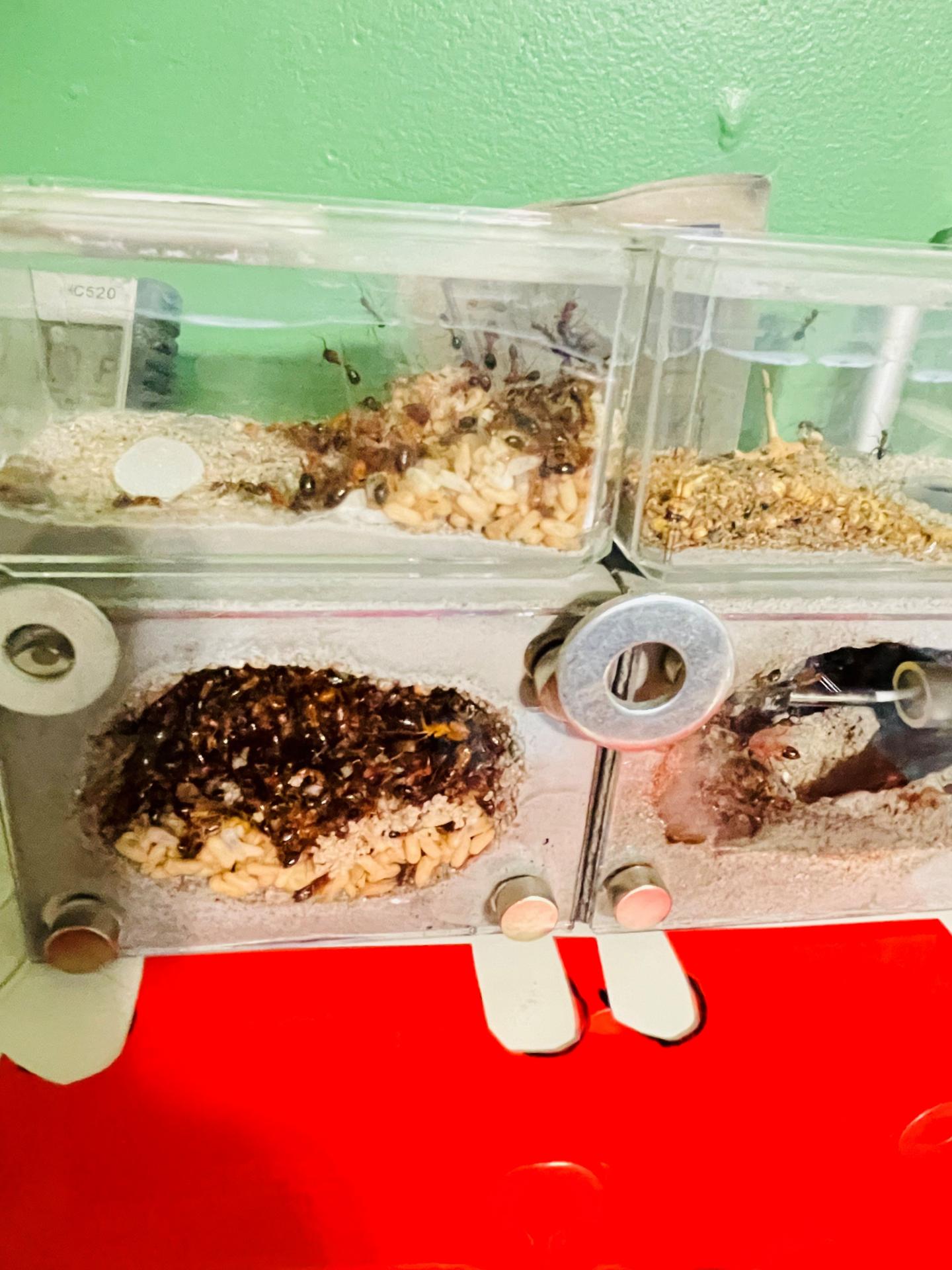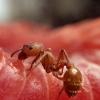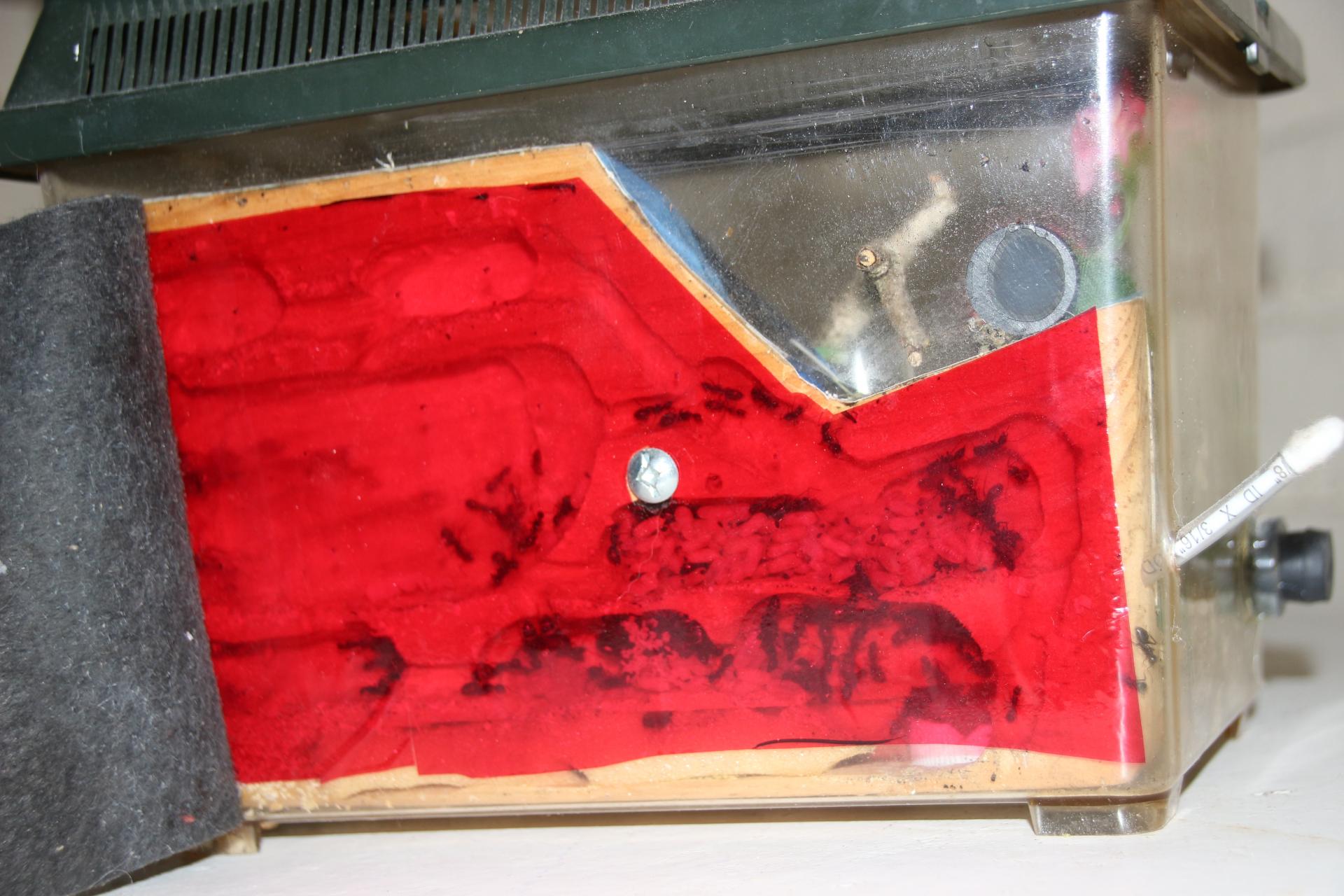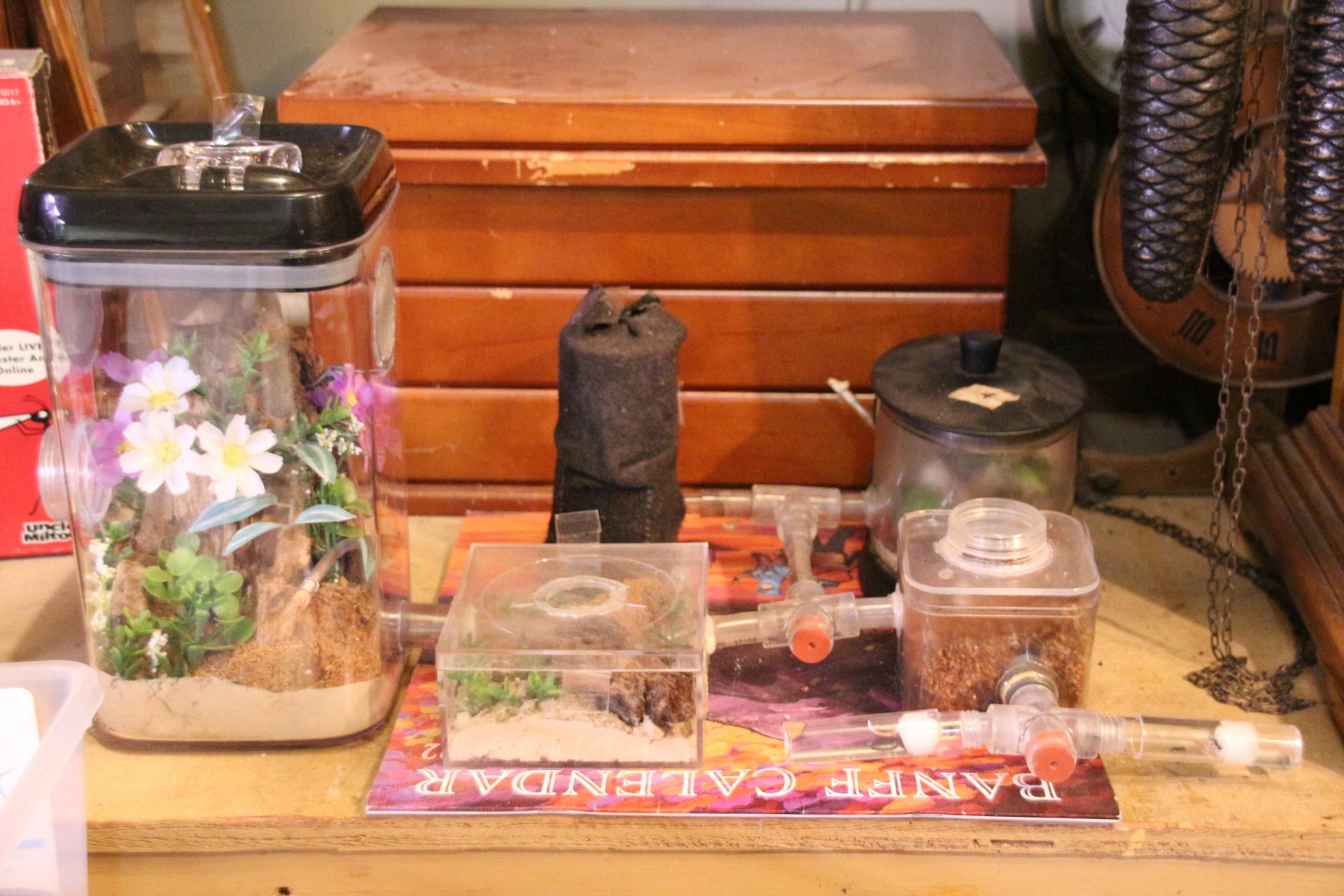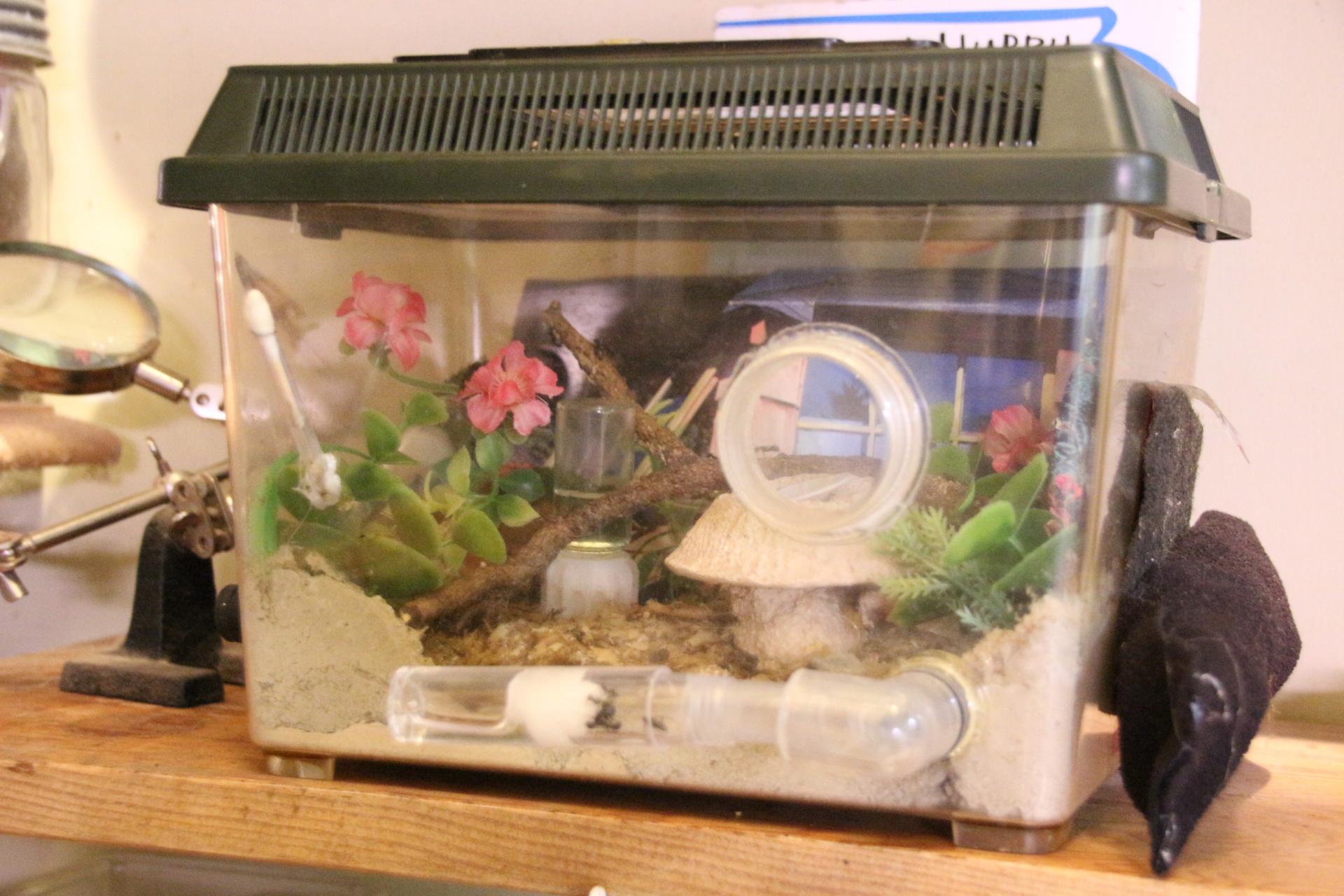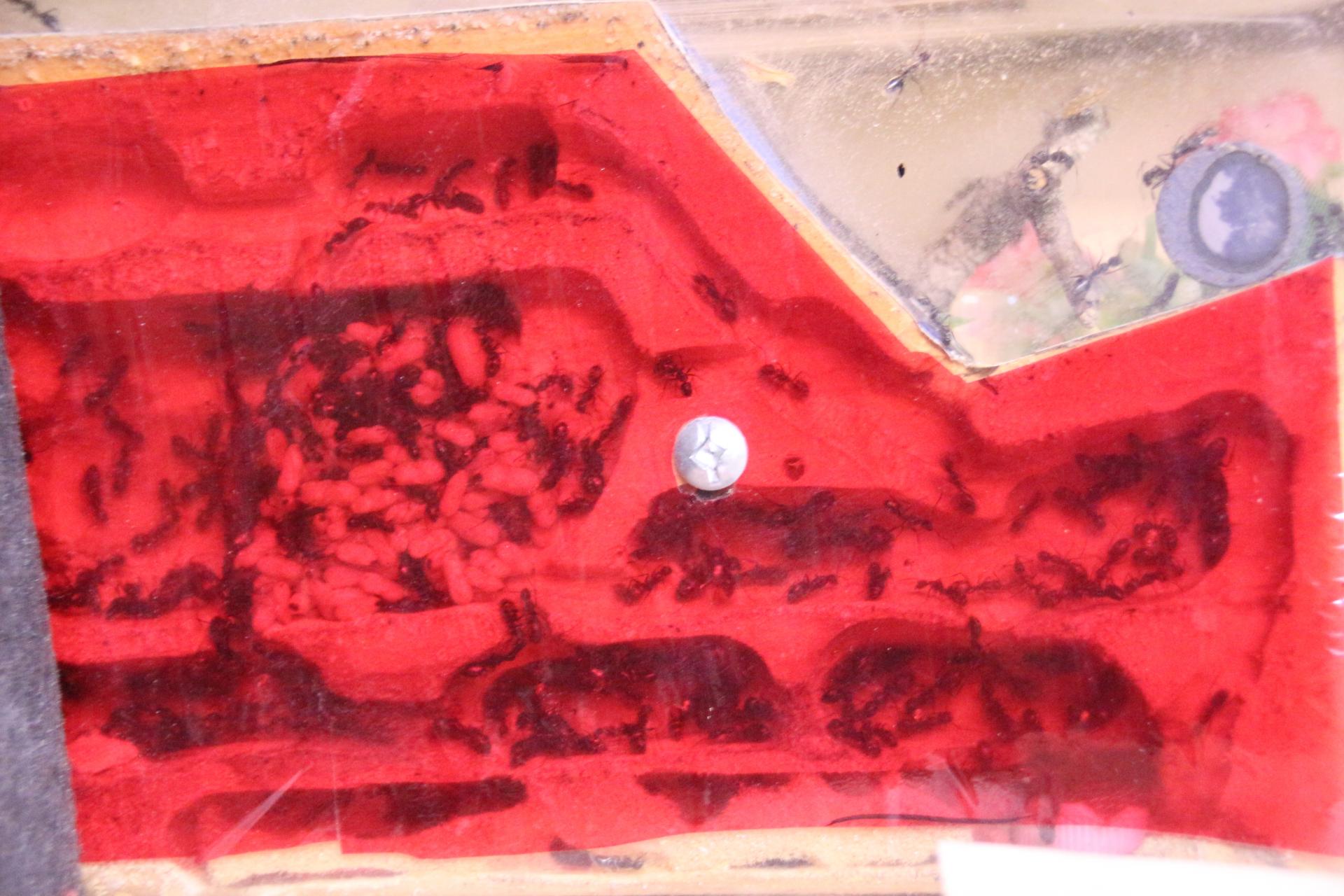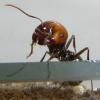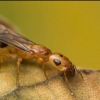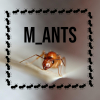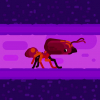Well, in several studies it has been shown that killing invertebrates by boiling and heat will cause them pain and distress and it is now by EU law also forbidden to kill lobsters by boiling without stunning them beforehand.
Sorry, that is the scientific facts.
At the conference, I sat next to and spoke at length with the very guy who is doing the ethic assessment for the UK concerning use of insects as food and how to do it humanely.
He even did experiments himself.
He knows what he is talking about.
(he also presented a poster on how he attached sensors to tarantulas to measure their pain response, and this included heat pain).
I am actually very happy the UK has such a great and knowledgeable guy doing the ethical assessment.
Knowing the EU, we will only do either something completely half-[censored] or a bad copy paste.
As for freezing-
all of you are viewing this from the POV of a warm blooded animal (human).
In invertebrates, freezing actually makes them go to sleep and will slow down their metabolic processes, which also include the ion pumps of their nerves.
So it basically stops any pain being felt and the information sent to the nerve ganglia or even being processed.
So yes, indeed, it makes them go to sleep, can be used as an anesthetic and is more or less painless.
Of course it is not completely without distress (I assume also natural winter is huge stress for any animal in nature) but short of shreddering the invertebrates, it is the only other humane way.
It is not about what makes YOU feel better.
And ant bodies just work a bit different that your human bodies work.
Science.
Take it or leave it.
I just wanted to give the latest veterinary input on the topic.
I will take the science  (and in shredding you mean to rip them apart?)
(and in shredding you mean to rip them apart?)
As in putting them into a shredder / food processor, a machine that has fast moving sharp rotating blades.
wow, ummmmmmm, now it seems like there is no humane sounding way to cull ants
Nah, it is so fast, it kills them instantly.
(as opposed to for example boiling, where they will have at least a couple seconds of ultimate agony).
Not sure if you eat meat? Or are you vegan/ vegetarian?
I just try to find something to explain what happens in a metaphoric way / descriptive way and find equivalents.
As for the freezing- the freezing is pretty much what we do at a slaughterhouse.
In (non-jew/ muslim) slaughterhouses, the animals are stunned first, before they are killed by bleeding out (in Germany, in the animal protection law, slaughter is defined as killing by bleeding out after stunning the animal).
If you kill an animal in a kosher / halal way (jews and muslims), the animal is killed WITHOUT stunning and just by bleeding out (in full consciousness). There needs to be a special permit in Germany to be allowed to kill an animal that way.
As part of my veterinary training, I actually had to do 3 months duty at a slaughterhouse and take part in the proceedings. It was .... educational, to say the least.
Many vets in my semester stopped eating meat after the experience.
I myself grew up on a farm, and even as a small kid, I watched the slaughter and my grandparents and parents explained everything to me, so I understood what was necessary to do the slaughter in the least stressful and most humane way.
And NO, I do NOT want to cause a discussion about veganism and the cruelty of eating meat and similar.
I think we can all agree that industrial farming and slaughter are NOT humane.
On the other hand, having witnessed kosher slaughter at the slaughterhouse, this can also be done in a calm, low stress way and does not have to be unnecessarily cruel and brutal (the rabbi who did it was VERY good at what he did and I had the impression that the animals were LESS stressed out when he processed them as when the normal butchers were doing it with stunning).
Edited by Ernteameise, August 17 2024 - 7:20 AM.



